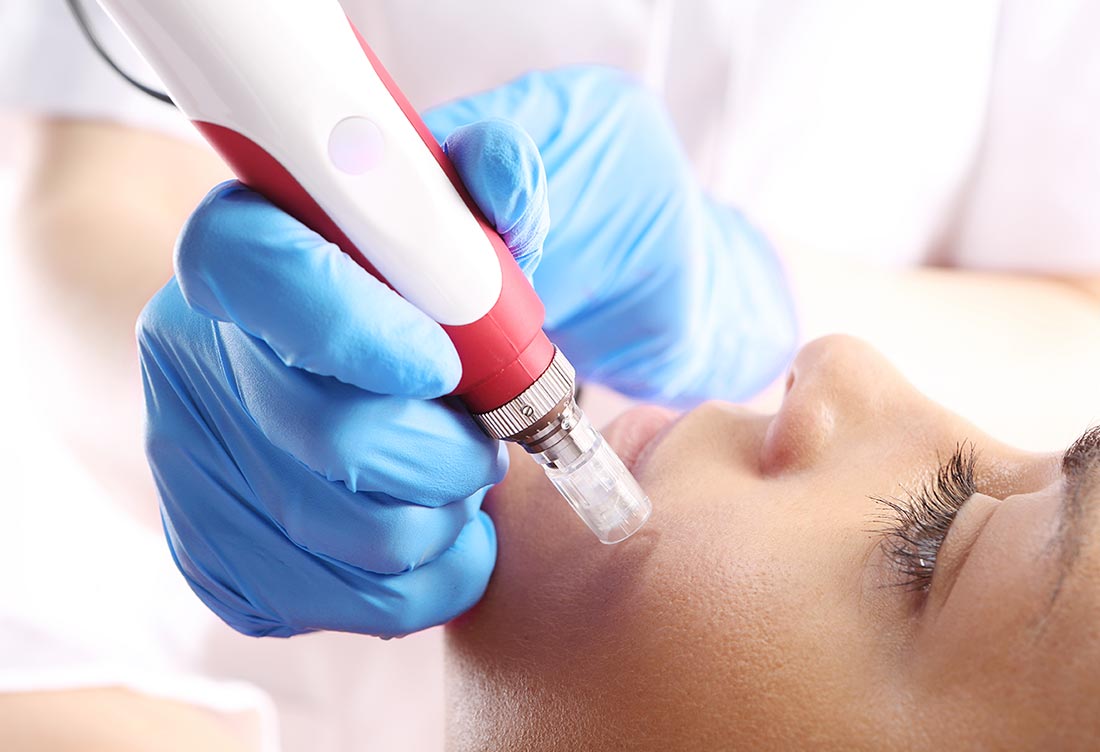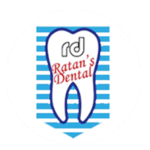Oral Surgery: Any surgical treatment performed in or around your mouth and jaw, usually by a dental specialist who is educated to undertake specific types of oral surgeries, is known as oral surgery.
Oral and maxillofacial surgery units can provide oral surgery. These units deal with problems that affect the jaw and face. Oral-Maxillofacial Surgeons are experts in difficulties involving the mouth as well as maxillofacial issues involving the jaw and face. A dual qualification in dentistry and medicine is required for such a specialist, as an Oral-Maxillofacial Surgeon must be able to treat diseases that necessitate knowledge and experience in both fields. These illnesses include, but are not limited to, salivary gland diseases, head and neck malignancies, and difficulties affecting the oral mucosa, such as infections and ulcers. To become a sub-specialist in the broader profession, some Oral-Maxillofacial Surgeons choose to focus on one of these areas. Depending on the nature of your referral and the institution you are visiting, you may be seen by an Oral Surgeon or an Oral Maxillofacial Surgeon.





